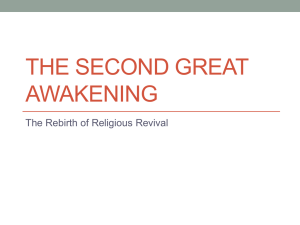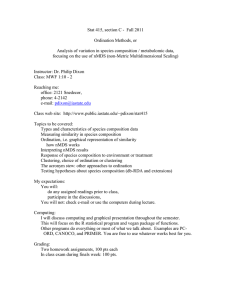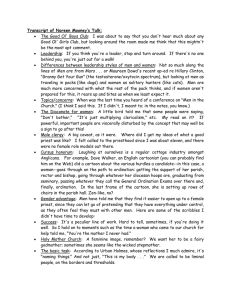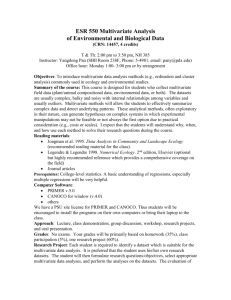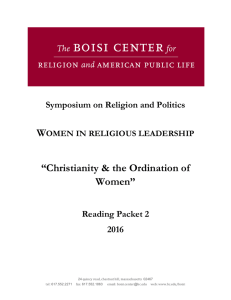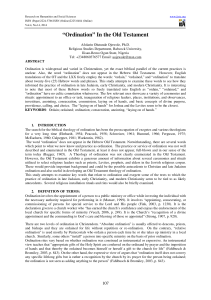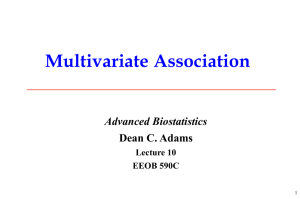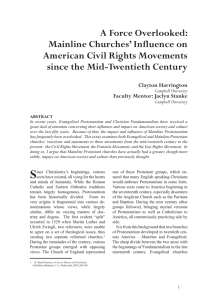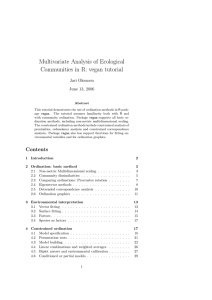Gender, Sexuality & Religion (Christiano et al., chapter 7) Ordination debate:
advertisement
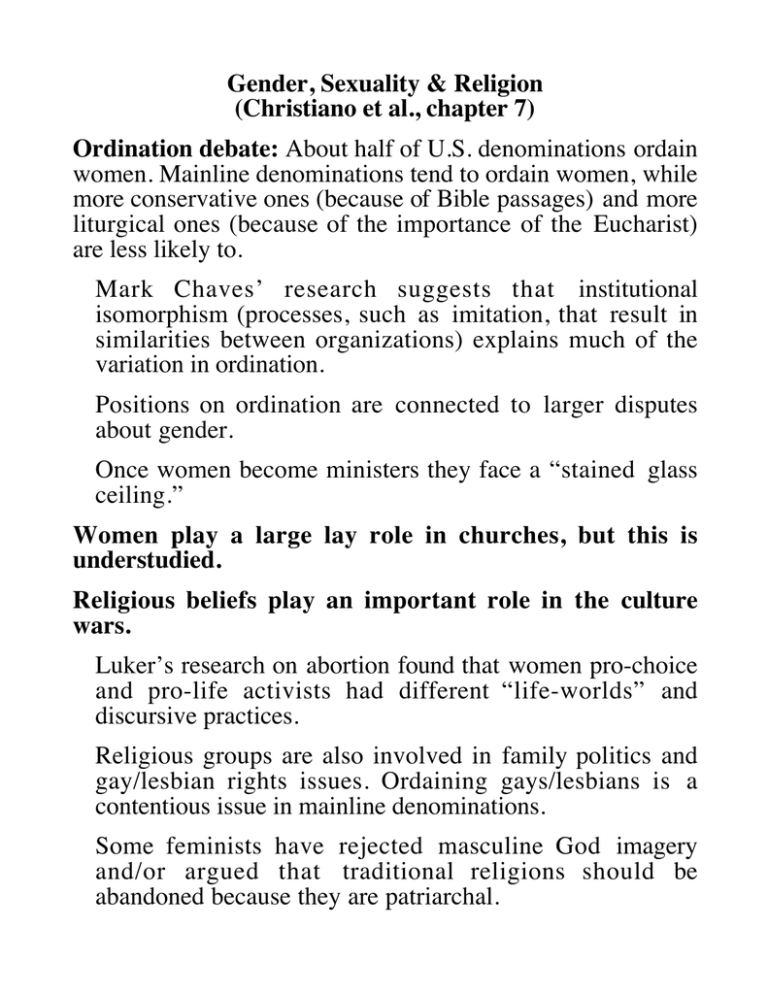
Gender, Sexuality & Religion (Christiano et al., chapter 7) Ordination debate: About half of U.S. denominations ordain women. Mainline denominations tend to ordain women, while more conservative ones (because of Bible passages) and more liturgical ones (because of the importance of the Eucharist) are less likely to. Mark Chaves’ research suggests that institutional isomorphism (processes, such as imitation, that result in similarities between organizations) explains much of the variation in ordination. Positions on ordination are connected to larger disputes about gender. Once women become ministers they face a “stained glass ceiling.” Women play a large lay role in churches, but this is understudied. Religious beliefs play an important role in the culture wars. Luker’s research on abortion found that women pro-choice and pro-life activists had different “life-worlds” and discursive practices. Religious groups are also involved in family politics and gay/lesbian rights issues. Ordaining gays/lesbians is a contentious issue in mainline denominations. Some feminists have rejected masculine God imagery and/or argued that traditional religions should be abandoned because they are patriarchal.
